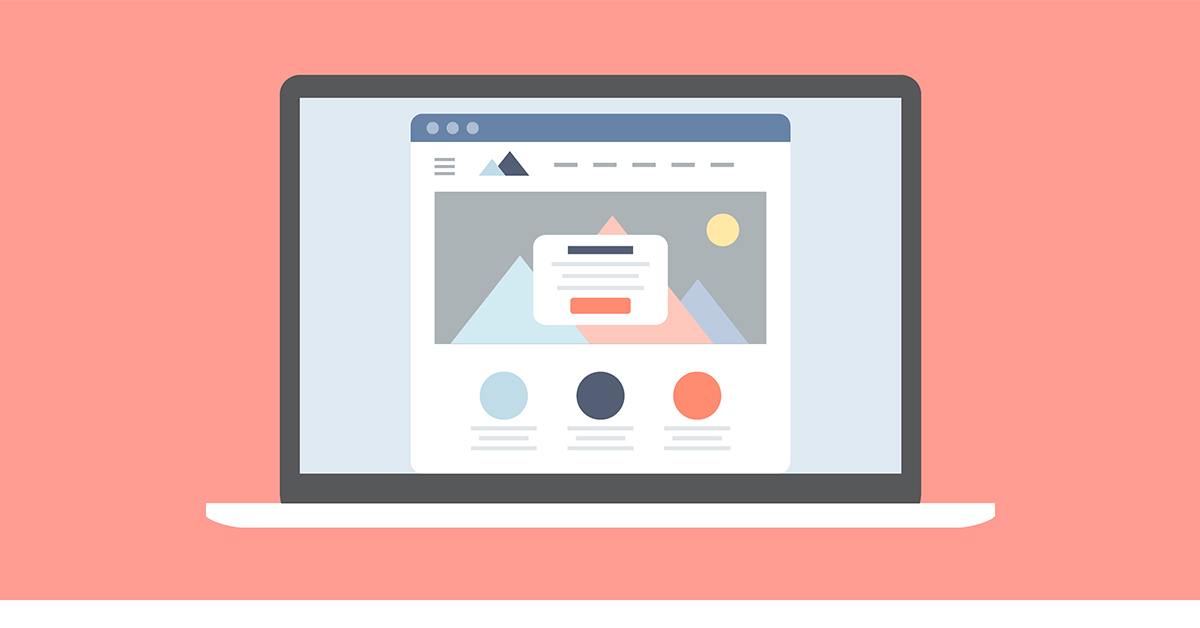There are plenty of good reasons for a company to establish a profile on LinkedIn. For starters, the professional networking site has nearly 350 million users from 200 countries and territories around the world. Forty-seven percent of B2B businesses use the site, and it’s one of the top social networks for generating leads. It’s probably not surprising that LinkedIn can be used to build brand awareness, develop relationships with industry influencers, recruit new talent, and aid sales efforts.
If your company doesn’t have a LinkedIn profile, then it’s time you create one. Even if your company does have an existing LinkedIn profile, it’s important to audit it regularly to ensure you get the most out of your profile.
When developing a LinkedIn profile for your company, it’s helpful to think of the profile in the same way you would a professional brochure. Using this framework, we can identify the following LinkedIn profile tips as sound strategies to help take your company’s page to the next level.
Audience intel
As any marketer can tell you, no company that takes its ad dollars seriously would craft a brochure without thinking about the audience it wants to reach. Likewise, your LinkedIn profile should be developed with a specific audience in mind. Think carefully about who you’re trying to appeal to: New customers? Potential business partners? Prospective employees? Once you’ve narrowed in on an audience, think about what kind of content will appeal most to them and their needs, and then craft your profile accordingly.
Appealing visuals
Whether in print or online, people expect content to be visually engaging. The absence of imagery or the use of low-quality images will immediately turn people off of your page. Thus, it’s worth investing in professional LinkedIn photos and up-to-date imagery. Also remember that LinkedIn is a digital platform, which means you can incorporate multimedia (in the form of video, Slideshares, and so on) to elevate your profile. Using a variety of content types helps showcase your company’s strengths and broadens its appeal to a larger viewership.
A great tagline
Virtually all brochures contain a tagline that draws readers into the rest of the copy and establishes a theme for the content. You can achieve the same thing with the headline on your LinkedIn page. After your banner image, the headline is one of the first things people see when they land on your profile—so make it count. Consider your audience and the content of your page when you craft a headline so that you inspire people to keep reading your profile.
Featured products and services
No company would publish a brochure that didn’t summarize at least some of the products and services they wanted customers to buy. The same should go for a LinkedIn page. It’s not enough to say “We’re a company! We exist!” You need to tell people how you can bring value to their lives, and you need to make it as easy as possible for them to seek, understand, and desire your products or services. Your product and services pages can be as minimal or as detailed as you’d like—for example, you may include targeted testimonials for each product or service; photos or videos of different products; or samples of your work. Maximize the conversion potential of your page’s Products tab by including a call to action such as, “Contact a sales representative for more information.”
Testimonials
Recommendations are one of the most powerful tools consumers use when deciding whether or not to purchase a product or engage with a brand. This is why testimonials are so often featured in company brochures. They’re just as, if not more, effective when featured on online profiles. Make a habit of asking for feedback from satisfied customers and clients, and then feature those testimonials on your LinkedIn page in order to improve your brand’s legitimacy and appeal. (Just remember to get approval before sharing customer or client feedback.)
Quality control
Print collateral typically goes through several rounds of copyedits and is seen by multiple pairs of eyes before it goes to the printer. But with digital content, it’s all too easy to type something quickly and hit, “Publish.” Despite how easy it is to publish a LinkedIn page, take the time to ensure quality control: Proofread for grammatical and spelling errors, double-check that all URLs are in working order, completely fill out all fields, and ensure videos play correctly. Only once you’ve dotted every “i” and crossed every “t” should you publish your content.
Thinking of your company’s LinkedIn profile in the same way as a company brochure can help structure your efforts for a truly effective LinkedIn business page.


